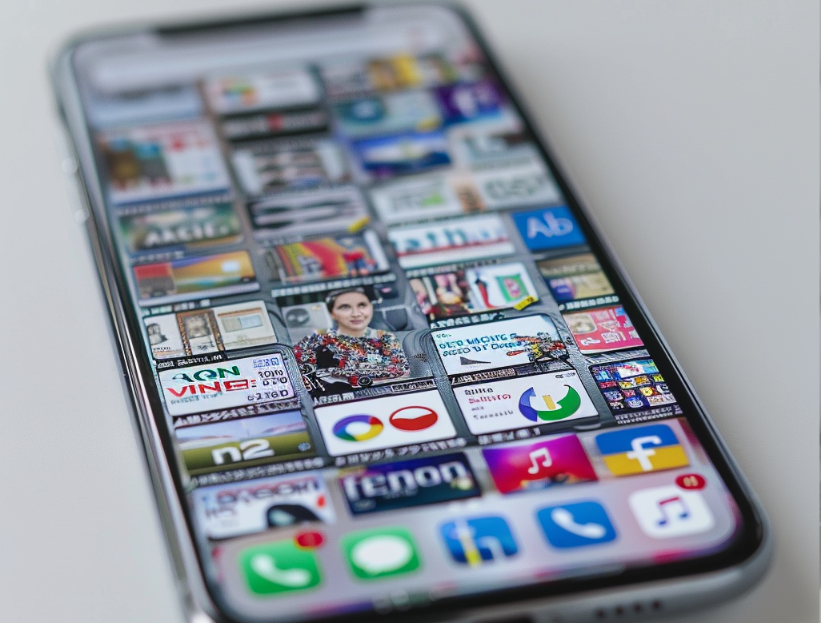Several studies, including one that Bo Sacks sent out the other day, suggest that you comprehend and retain more when you read something on paper.
There are a lot of possible reasons for this. One is that you’re less likely to be distracted. If you’re reading on your phone, you’re getting notifications and other annoyances while you’re trying to read. A book or magazine doesn’t do that.
Another reason is that you engage more of your senses when you read in paper. There’s the smell and the feel of it. And those senses also provide a different level of context, like where you are on the page, whether it’s a left or a right page, and approximately where the text is in relation to the rest of the document.
Memory is often a matter of making connections between things, so the fact that you get more inputs when you’re reading in print probably contributes to better retention and comprehension.
How do we apply this to digital reading?
As I’ve mentioned before, the economics of print are bad and getting worse, so I’m not arguing for a return to print – although I do think it’s a good idea to offer print to the people who want it.
The point I’d like to make is that we can probably beat this reading comprehension deficit. We can do things with our digital publications to not only catch up with print, but to do better than print.
The first thing is to stop the distractions. Reading on a mobile website is often a horrible experience. The page is actually designed to disrupt your reading, and not by accident. It’s intentional. That’s how the publisher gets more ad revenue.
But think about that. Ads and reading comprehension are in tension. It’s like they’re mutually exclusive goals, and they cause the publisher to be a bit double-minded.
“Hey, come here and read this interesting article! But now that you’re here, click on this ad and go somewhere else!”
If I want the reader to understand what he’s reading, I don’t want to distract him with a hundred other things — like ads.
So how do we reimagine the online experience — including the ads — so that they don’t disrupt the reading experience? There’s a challenge for you.
Let’s also consider other ways we can make digital reading more reader-friendly.
- Make it easy for the reader to turn off notifications while he reads the article. That might only be possible in an app, but I think it’s worth pursuing.
- Provide text-to-speech options. Some people learn better when they listen. Or even listen and read at the same time.
- Make it easier to take notes, highlight, and then have access to those notes and highlights later.
- Provide summaries and options for further information – without sending the reader off the page.
- Give some context to the words on the screen. That could mean using a unique typeface, including more images in the text, or even connecting the text with various kinds of branding. The idea is to make sure the reader’s brain is collecting more information than just the words.
Those are some ideas. I’d like to hear yours.
Publishers like to talk about “retention,” but what they usually mean by that word is “keeping the reader as a customer.”
I would like to suggest that the other sense of that word – helping the reader retain the information he reads – will also help with customer retention. If your readers are remembering what they read from your site, that’s gotta help.
Links
Reading print improves comprehension far more than looking at digital text, say researchers




